The presidential bid of Ferdinand “Bongbong” Marcos Jr. stirs recollections of his father almost half a century on.
Memories return easily for the victims of the brutal martial law implemented by the elder Marcos. The strongman’s 21-year reign plunged the Philippines into recession while he and his wife, Imelda, siphoned state money to fund their extravagant lifestyle.
But memory is also malleable. The Marcos family has adeptly fashioned their own public narrative to present themselves as a dynasty of heroes, educators and even the original progenitors of the Filipino people.
As the Philippines marks the anniversary this month of the elder Marcos’ 1965 election, Ferdinand “Bongbong” Marcos, Jr. has filed his candidacy to run for the highest position in the land in the country’s May 2022 presidential election. Subsequently, this is an appropriate opportunity to examine the Marcos family’s attempts to shape nostalgia to fit their political aspirations.
The younger Marcos announced his partnership with running mate Sara Duterte-Carpio, the daughter of current president Rodrigo Duterte, on 13 November. The elder Duterte is under investigation by the International Criminal Court in the Hague for alleged crimes against humanity.
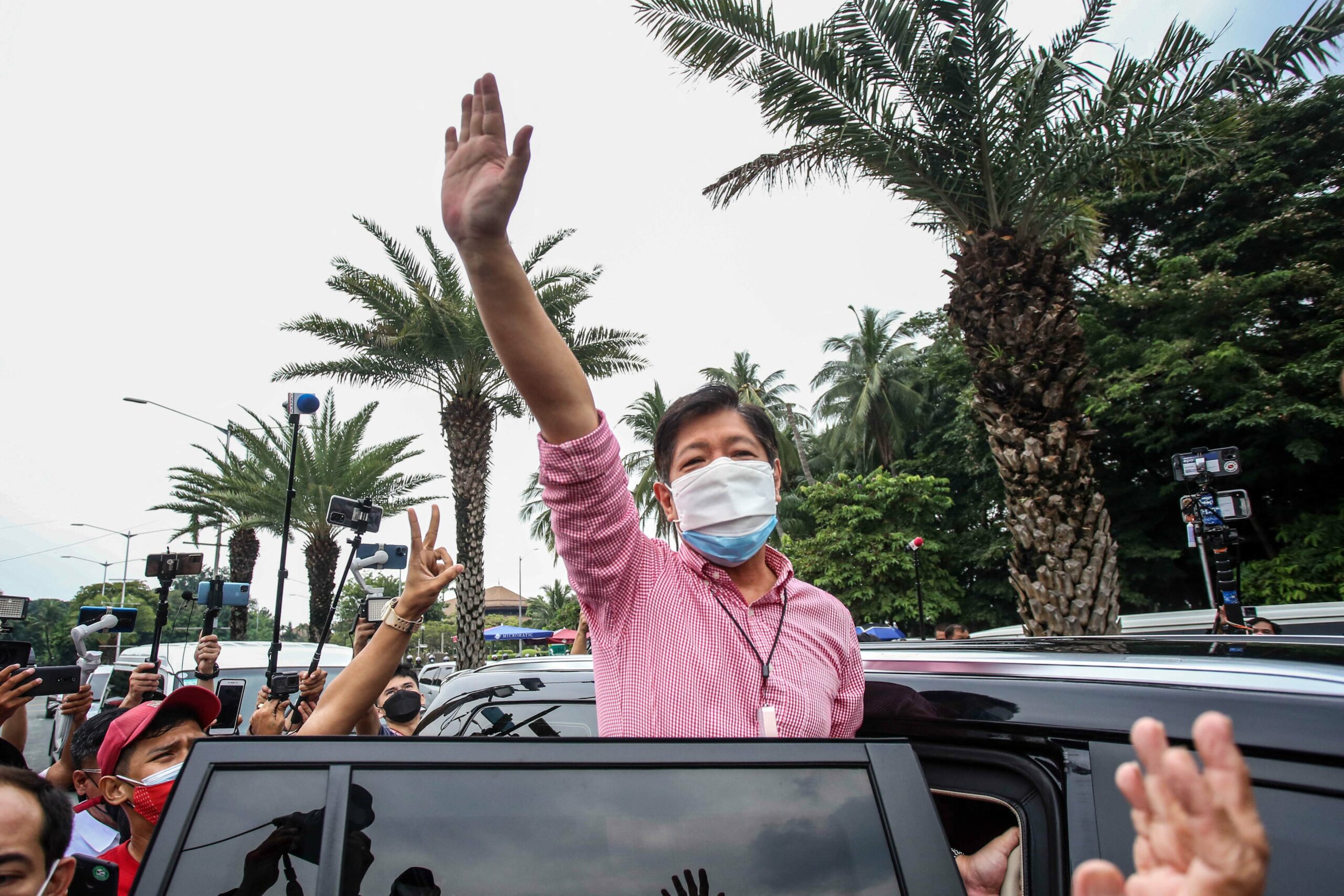
Transparency International’s Global Corruption Report named Ferdinand Marcos as the second most corrupt leader of all time after Indonesian dictator Suharto. According to reporting by Filipino news organisation Rappler, under Marcos’ rule from 1965 to 1986 there were more than 70,000 people imprisoned, 34,000 men and women tortured and 3,240 reported deaths between 1972 and 1981. Foreign Policy magazine reported Marcos is believed to have plundered more than $10 billion from his country.
Despite the international notoriety of Marcos Sr., his son has repeatedly avoided association with the family’s turbulent history by bypassing questions about the past and telling the public to “move on.”
Forgetting is an art the Marcos family, wittingly or unwittingly, has mastered. Marcos Jr.’s refrain about “moving on ” signals an effort to unburden himself and his family of the responsibility of history. Selective memory, a term proposed by Aleida Assman of the University of Konstanz, has contributed to this cultivation of a glorified persona for Marcoses on a personal and national level.
One example is the case of the elder Marcos’ body lying in one of the country’s grounds set apart as a Heroes’ Cemetery in Metropolitan Manila. Ferdinand Marcos’ presidency gives legitimacy to his body’s internment in an area allotted to heads of state. However, regulations specify that internment there cannot be granted to “those who have been dishonourably discharged from service” nor to “personnel convicted of an offense involving moral turpitude.”
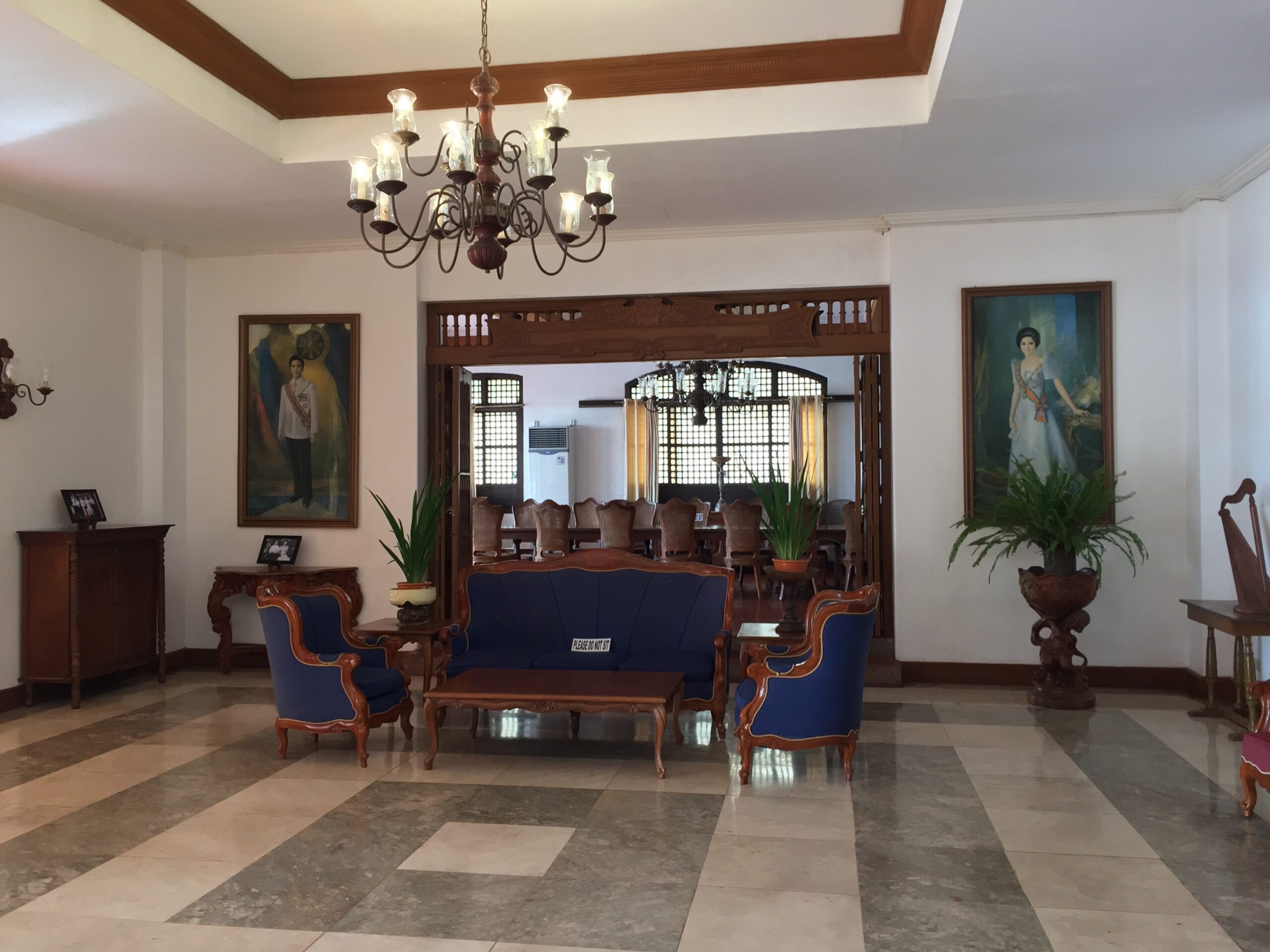
Dishonourable discharge would be a fitting description of the Marcos family exile to Hawaii following the 1986 revolution that removed him from power, along with the 2018 graft conviction of Imelda Marcos, for which she has still managed to escape prison time.
Other examples of memory framing include the Marcos Museum in Batac, in which the narrative of the family’s rise to power ends with his presidential election in 1965, with no mention of the martial law era.
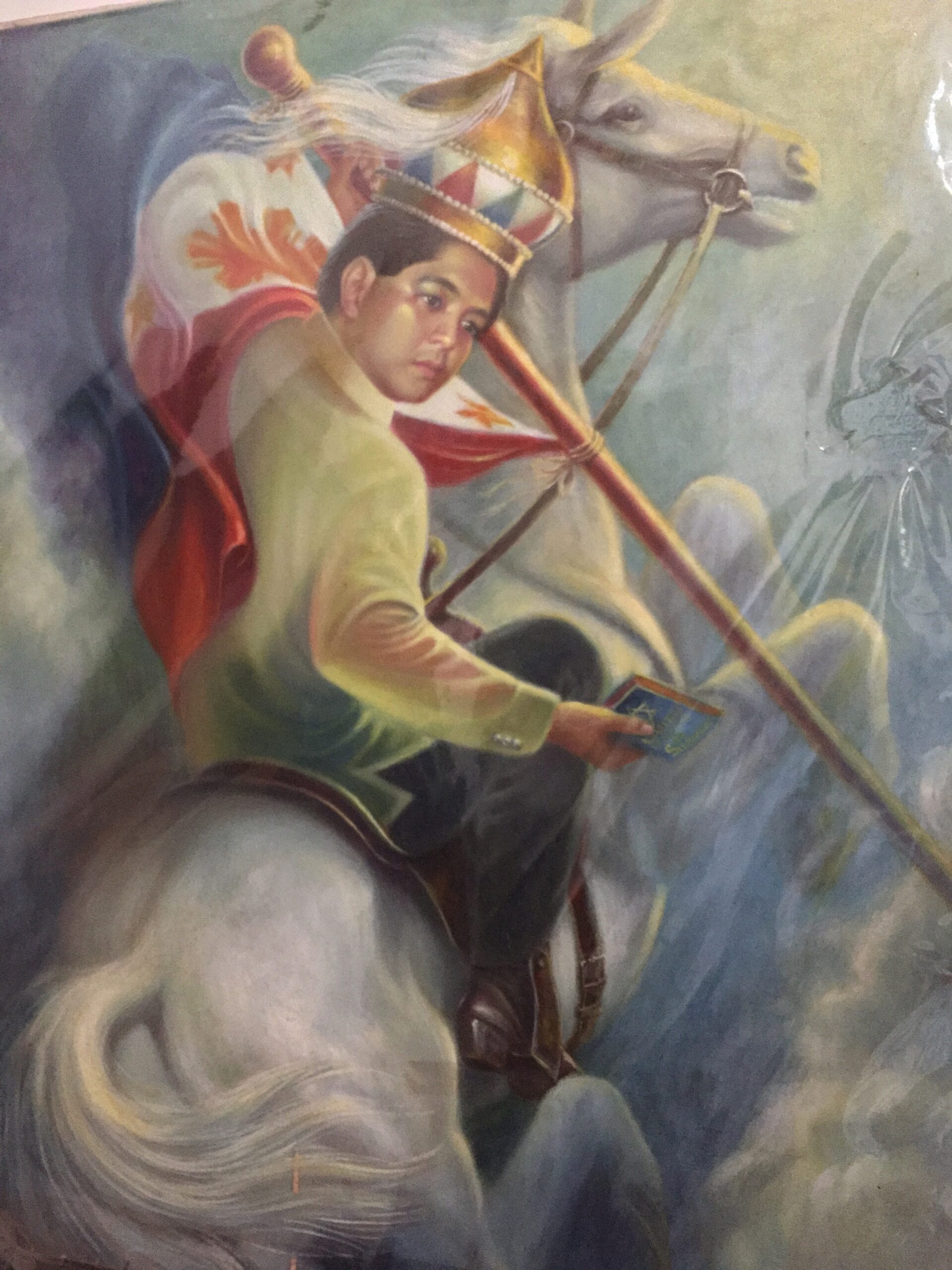
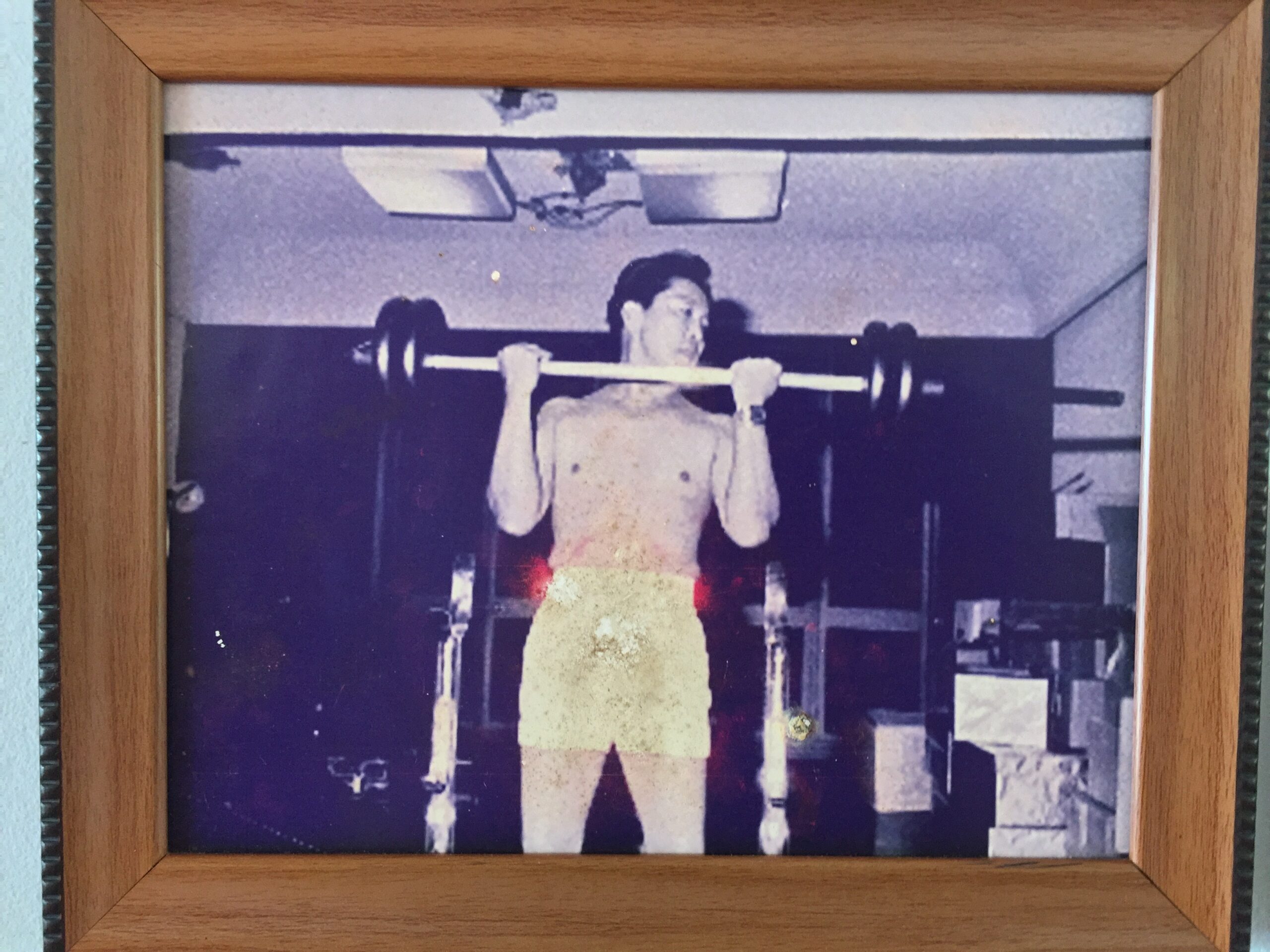
Bongbong Marcos’s Oxford University credentials have also been called into question. While supporters consider the presidential aspirant a full graduate of the prestigious institution, the Oxford Philippines Society has maintained Bongbong’s “Special Diploma in Social Studies” awarded in 1978 is not equivalent to a degree.
An old adage proclaims the best lies are those coated with a certain amount of truth. The elder Marcos did become president of the Philippines, while his son took part in an academic programme at Oxford. Amplifying selective pieces of the narrative is an effective way of moulding a public, political persona around chosen signifiers such as ‘heroism’ or ‘education’ while conveniently dismissing a wider context.
Nostalgia attempting to restore a glorified past seduces the undiscerning. Partly remembering and partly forgetting, nostalgia can be politically weaponised, which may be the case with the Marcos family.
Svetlana Boym, formerly of Harvard University, said restorative nostalgia disguises itself as “truth and tradition,” usually by campaigning for a “return to origins” through a reconstruction of home and homeland emblems and rituals. Art and media are platforms for constructed nostalgia, as demonstrated by paintings of the elder Marcos couple as Malakas and Maganda, the local Adam and Eve, which were widely publicised during the former dictator’s martial law era. Bongbong’s portrait as a new Napoleon Bonaparte adds to the powerful family mythology.
Discourses of a Marcosian Golden Age – or the golden age of any leader – are made appealing precisely because they give rein to the possibilities of the imaginary. The imaginer’s subjectivity selects which parts of the past fit a personal version of a possible future.
Forms of mnemocide – the act of killing or erasing memory – have been performed by totalitarian regimes through genocides, manipulations and distortions of truth such as rewriting documents, retouching photographs and, of course, structural violence. Today, the desaparecidos of martial law have not yet been found – a concrete case of elimination – and they have not yet received proper justice. During All Souls’ Day on 2 November, family and loved ones of the disappeared challenged the candidates of the 2022 elections to stop enforced disappearances in the country.
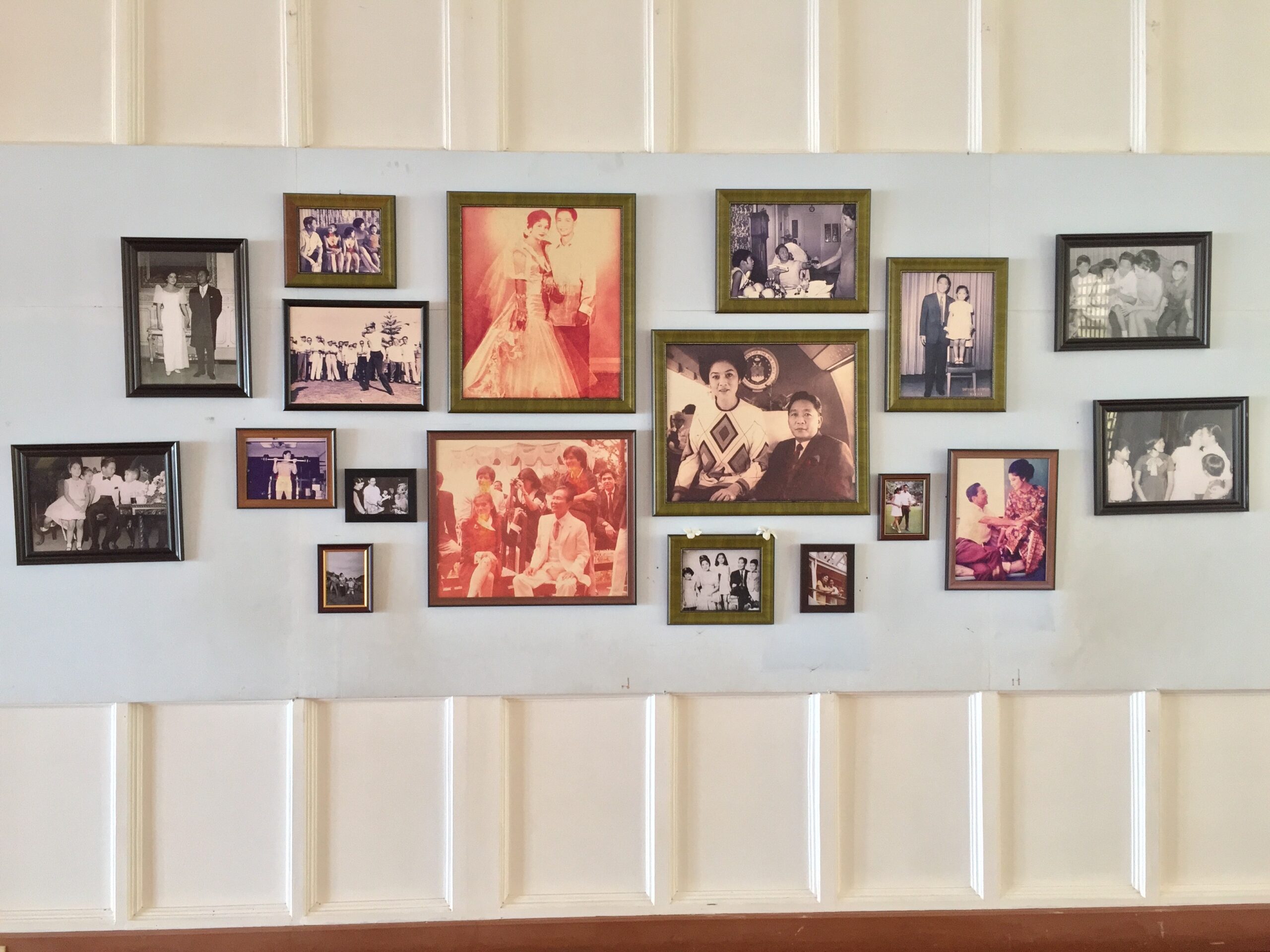
As such, moving on without a public and acknowledged narration by survivors is a form of repressive memory. Repressed memory, like a nightmare, will continue recurring and seeking justice in one way or another.
Sometimes forgetting does not just happen, it is manufactured by agents who proactively invest in it. The 2022 Philippine elections are likely to summon the responsibility and empathy of voters to position themselves, not only for or against memory, but also for its corollary, justice.
Jocelyn Martin is assistant professor of English at Ateneo de Manila University in the Philippines


